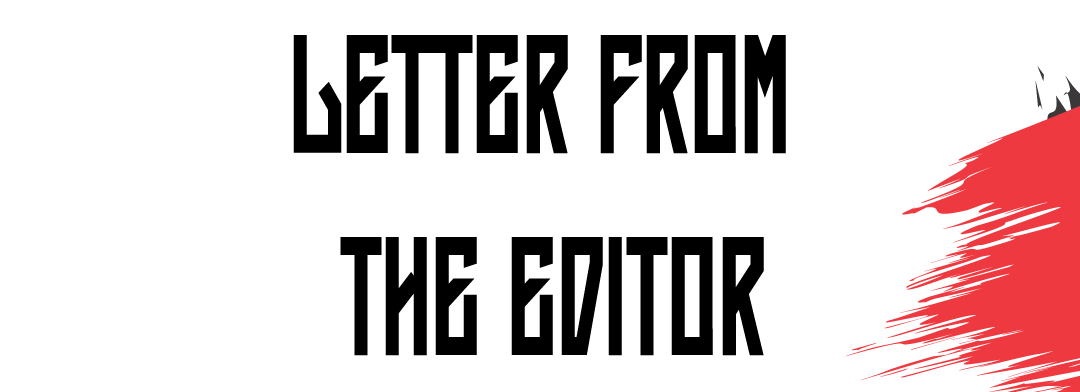(A White Paper Summary)
The term “techplomacy” has not been properly coined, used, or academically defined as a single term. The variations between digital diplomacy, technological diplomacy, and tech diplomacy all range in application and breadth. However, the attached white paper is a simple approach to processing the term, defining the scope, and identifying the stakeholders.
Initially, this paper was written for the sole purpose of identifying the stakeholders and providing a solution to the problem. In finality, techplomacy is the final solution for collaboration in the world today, with stronger and more draconian laws. The reason for this approach is that the previous global platforms, intended to protect the global order, prevent wars, and safeguard smaller states from hard power pressure, have failed miserably and shamefully in protecting humanity. However, technology has no face, no race, but is based on mathematical realities, algorithms, and sales. Thus, defining the stakeholder.
The stakeholders of this paper are those who consume technology, not the developers, nor those who create the fine print. This paper goes on to say that the consumer holds greater weightage in this aspect than the builders in Silicon Valley. The reason is data. It is the consumers’ data that is trusted in the hands of a very few leaders, and so far as to say, monopolies, in the tech sector. However, this is to keep in mind that the consumer of social platforms is being concentrated here, not the consumer of artificial intelligence in warships and unarmed autonomous vehicles (UAVs), which thus makes defining the term techplomacy tricky, and defining the stakeholder, but phases of the study have commenced, and this is phase 1 of it. The data stored on billions of people, that has crafted their moulds for marketing and advertising, being the perfect profiting tool for a select few builders in the tech sector, is a dangerous power to hold. In addition, the data centres, needing more space and sophisticated tech itself, are placed in regions harming the environment, disallowing residential placements around, forcing centres to be outsourced and controlled from abroad, etc. This is the modern trade play, outsourcing centres for cheaper parts and less energy consumption (rates). Thus, the stakeholder from the perspective of social platforms is the consumer, and the one using their phones, retina and fingerprint technology for access to tech, data storage, and the works.
What is the current issue the paper solves? Silicon Valley cannot be the base for diplomacy and tech ambassadors. Although alignment of nations is based on core ideals and whatnots, the American-based systems are just as compromised as any other state. Europe, however, seems neutral from certain angles due to its own parliamentary clashes and checks and balances. Therefore, Silicon Valley cannot be and should not be the place where policy, consumption, or ideas for the future can be traced, found, or negotiated.
Another reason for this stance, as the paper claims, this position cancels out Russian and Chinese technology, which, regardless of how one feels, is far superior, cheaper, and swifter in execution with less manpower and quick availability of resources to build and execute. For which in parallel, America cannot and will not be able to compete in the near future. With these two pole powers, the central government imposing rules on technology, must be void of supporting either side and must be population-centric rather than industry-centric. This is especially possible 3-5 years from now, since universities are now incorporating the technological aspect into social sciences, and further, which will lead to fulfilling the gap of diplomacy and policymakers’ reliance on tech or better yet, the administration of the tech.
The paper also indicates the plausible teams one would need to deploy for the reasons of a proper delegation in relation to technology and their vaguely broad knowledge base. One which needs further dissection and criticism across academia.
The Techplomacy paper is attached as the initial phase 1 study of the term its stakeholders and vision for collaboration, a work adopted by Krypsis LLC – Dubai. The Paper(s) are to be released on the Chronicle till the Platform for Krypsis is operational online, and in collaboration, has allowed the Chronicle to display the Techplomacy Project (Indicating copyrights to the idea and study) as the stepping stone for global administration for the growth in technological advancements and dangerous lobby developments in times of hate and war. Chroniclers have this document attached for further study, as it may suit the reader (study written by Khanzadeh Asad Abbas Hussain).




Its an absolute new terminology read for the first time. Good analysis at the same time.